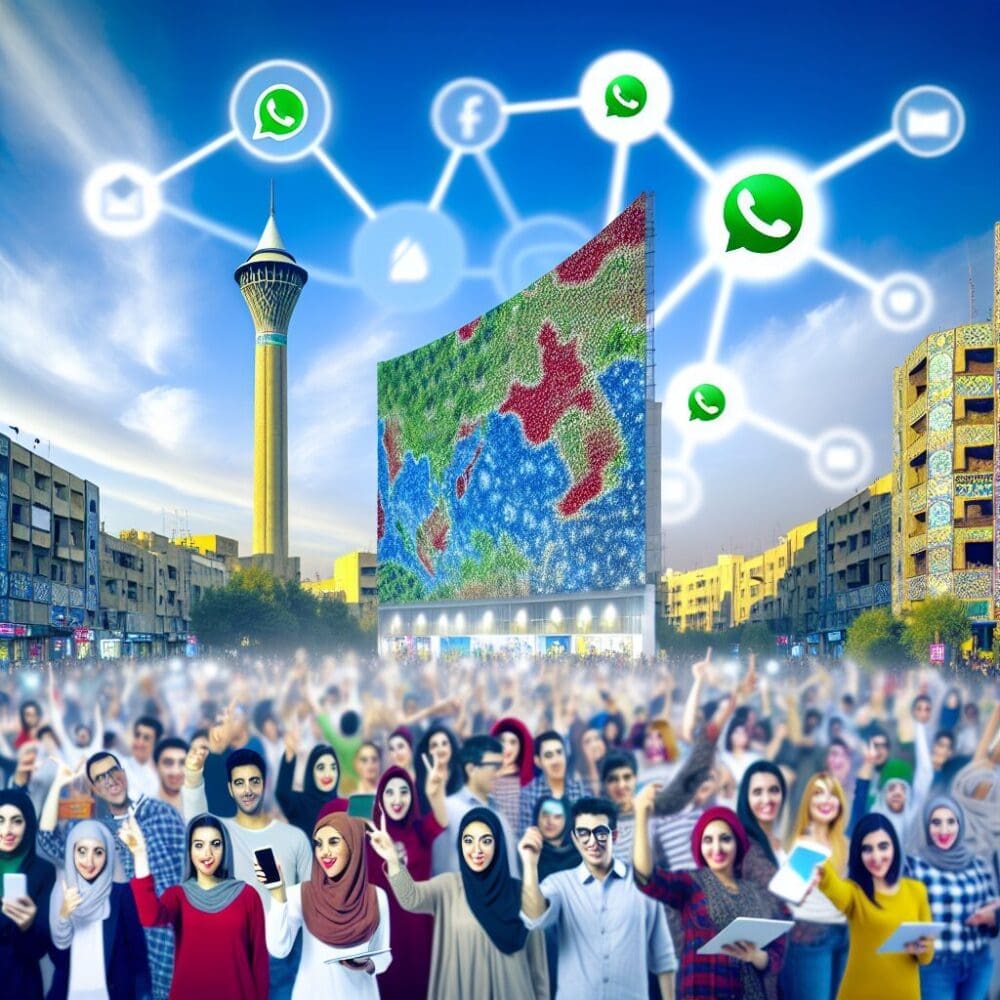“`html
Iran Removes WhatsApp and Google Play Ban, Enhancing Digital Access
In a significant development for digital freedoms and accessibility, Iran has lifted its long-standing ban on popular digital platforms such as WhatsApp and Google Play. This decision marks a pivotal shift in the country’s approach to internet governance, potentially paving the way for greater connectivity and innovation.
The Significance of the Ban Lift
The reinstatement of WhatsApp and Google Play can be seen as a substantial step forward in Iran’s digital policy. For years, users in Iran faced restrictions that limited their access to key communication tools and software updates. These constraints often led to frustrations among businesses, developers, and general users who relied on these platforms for essential services.
Communication Tools
- WhatsApp has been a critical tool for personal and professional communication globally. Its removal in Iran had severely restricted people’s ability to connect locally and internationally.
- The app is known for its end-to-end encryption, which provides a level of security that many other platforms lack.
Digital Advancement with Google Play
- Google Play serves as the primary platform for Android users to access a wide array of applications crucial for business, education, health, and entertainment.
- With its restoration, Iranian users can now access millions of apps and essential updates that were previously unavailable or difficult to maintain.
Reasons Behind the Change
While the Iranian government has not officially commented on the ideological motives behind this decision, several factors may have influenced the reversal of the ban.
Socio-Economic Drivers
The push to enhance digital access may be driven by socio-economic factors:
- The growth of the digital economy is a vital component of national economic development.
- Facilitating ease of communication and access to technology spurs entrepreneurship and innovation, crucial for job creation and GDP growth.
- Improving digital resources is essential to keeping pace with global trends and achieving competitive advantages.
Response to Public Demand
There is also an undeniable element of public demand that may have influenced this decision:
- The Iranian population, which boasts a young demographic with substantial technical literacy, had continuously advocated for lifting such restrictions.
- Increased pressure from civil society organizations and international communities calling for freedom of expression and access to information.
Potential Impact on Iranian Society
The ramifications of this policy change can be transformative across various facets of Iranian society:
Enhancing Connectivity
- Overcoming previous barriers can broaden global cultural and information exchange, critical for education and diplomacy.
- Unavailable channels for communication and collaboration are now open, bridging the gap between Iranians and the world.
Empowering Local Businesses and Startups
- Access to Google Play enables a marketplace for local developers to distribute apps globally.
- Enhanced communication tools can empower businesses to operate more effectively on an international level.
Cultural and Social Exchange
- Digital access facilitates the exchange of ideas, culture, and traditions, enriching Iran’s interactions with the global community.
Challenges to Consider
Despite the optimistic outlook, Iran may still face certain challenges:
- The government must balance digital freedom with regulations to ensure cybersecurity and mitigate misinformation spread.
- Ongoing international scrutiny on Iran’s internet policies may influence how these changes develop further.
Conclusion: A Step Towards Progress
The lifting of bans on WhatsApp and Google Play sets the stage for Iran to embrace a more connected and technologically advanced future. It stands as a testament to the potential for positive change driven by public demand and socio-economic considerations. This commitment to broadening digital access can have lasting benefits across all sectors of Iranian society, positioning the nation as a more active participant in the global digital arena.
As these changes take effect, it will be crucial to monitor the broader implications and continue advocating for policies that prioritize freedom, accessibility, and innovation in Iran’s digital landscape.
“`



